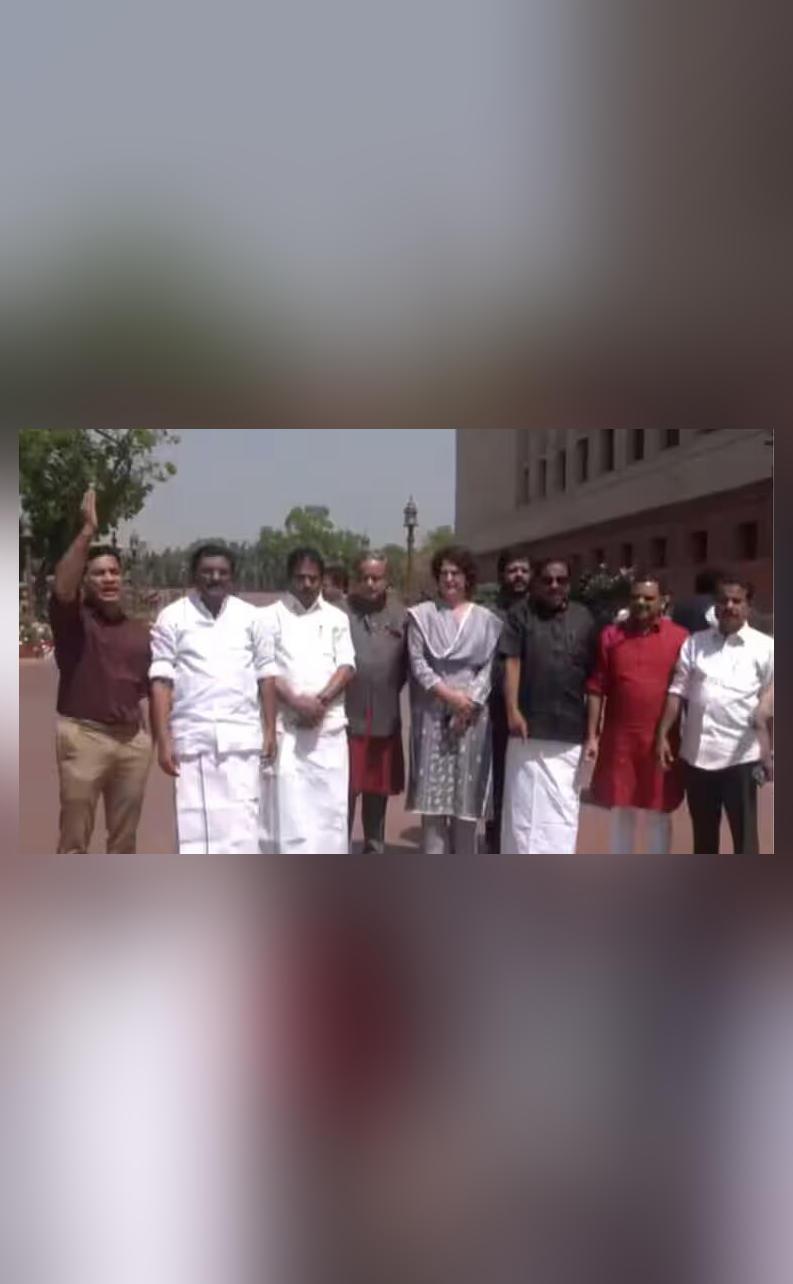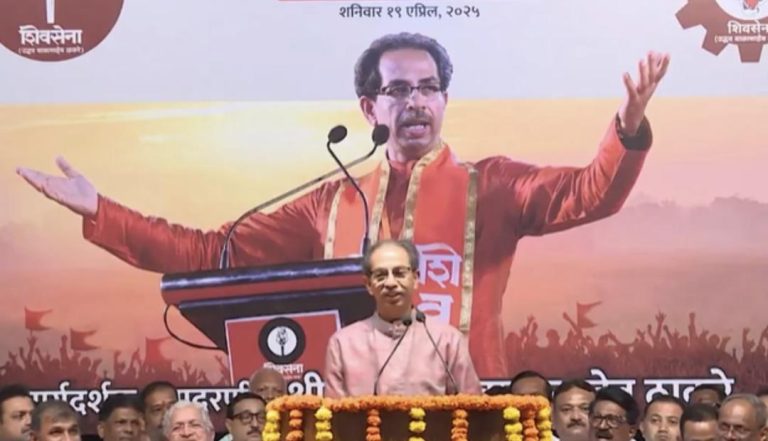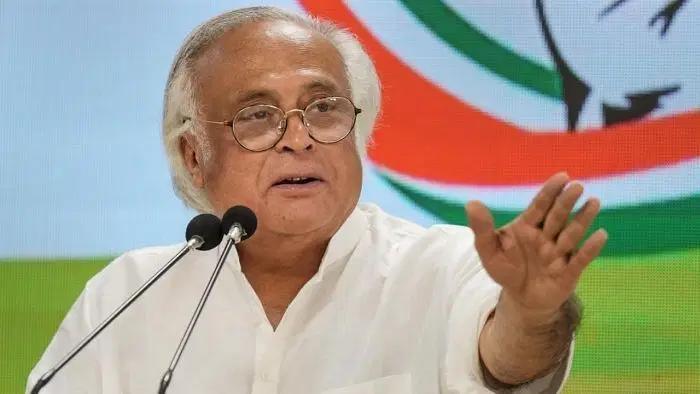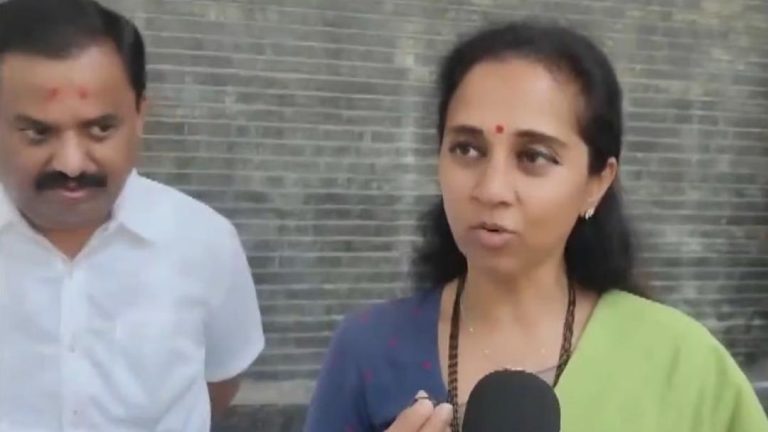
Kerala workers unpaid, Centre trying to end MNREGA: KC Venugopal
The National Rural Employment Guarantee Act (NREGA) has been a cornerstone of the Indian government’s rural development policy, providing a safety net for millions of rural workers. However, a recent controversy has erupted over the alleged delay in payment of wages to workers under the scheme, with Opposition MPs from Kerala, including Congress leader Priyanka Gandhi Vadra, protesting in Parliament on Tuesday.
According to reports, workers in Kerala have not been paid on time, resulting in widespread discontent and resentment among the affected individuals. Congress MP KC Venugopal, who was part of the protest, accused the Centre of trying to end the scheme without providing a concrete answer.
The MNREGA scheme, also known as Mahatma Gandhi National Rural Employment Guarantee Act, was introduced in 2005 with the aim of providing at least 100 days of guaranteed employment to adult members of rural households in a financial year. The scheme is designed to enhance livelihoods and improve the overall well-being of rural communities.
However, recent reports suggest that the scheme has been facing significant challenges, including a decline in participation and delays in payment of wages. Kerala, which has been a major beneficiary of the scheme, has seen a significant drop in participation in recent years.
According to data, the number of workers participating in the MNREGA scheme in Kerala has declined by over 50% in the past two years. This has resulted in a significant reduction in the number of days of employment provided to workers under the scheme. The state government has attributed the decline to various factors, including the lack of adequate infrastructure and the absence of a robust monitoring mechanism.
The Centre’s efforts to streamline the scheme have been met with resistance from Opposition parties, which have accused the government of attempting to dismantle the scheme without providing a viable alternative. The Congress party, in particular, has been vocal in its opposition to the Centre’s plans, with party leaders alleging that the government is trying to end the scheme to benefit private contractors and multinational companies.
The controversy surrounding the MNREGA scheme has also highlighted the need for greater transparency and accountability in the allocation of funds under the scheme. Critics have accused the Centre of diverting funds allocated for the scheme to other purposes, resulting in delays and discrepancies in the payment of wages to workers.
In the face of growing criticism, the Centre has attempted to defend its handling of the scheme, arguing that it has taken several steps to improve the efficiency and effectiveness of the scheme. However, the opposition remains skeptical, pointing to the continued delays in payment of wages and the decline in participation as evidence of the scheme’s failure.
The MNREGA scheme has been a major success story for the Indian government, providing employment to millions of rural workers and improving the overall well-being of rural communities. However, the recent controversy surrounding the scheme has raised concerns about the Centre’s commitment to the scheme and its ability to deliver on its promises.
As the debate continues, it is clear that the fate of the MNREGA scheme hangs in the balance. While the Centre may be trying to end the scheme, the opposition is determined to fight for its continuation. The outcome of this battle will have significant implications for the lives of millions of rural workers, who depend on the scheme for their livelihood.






